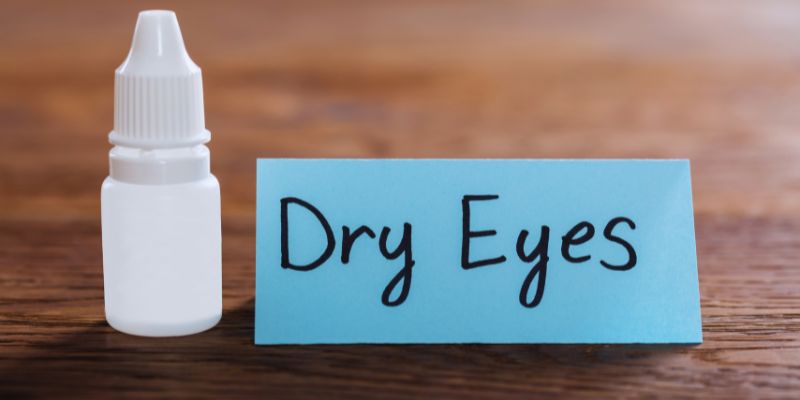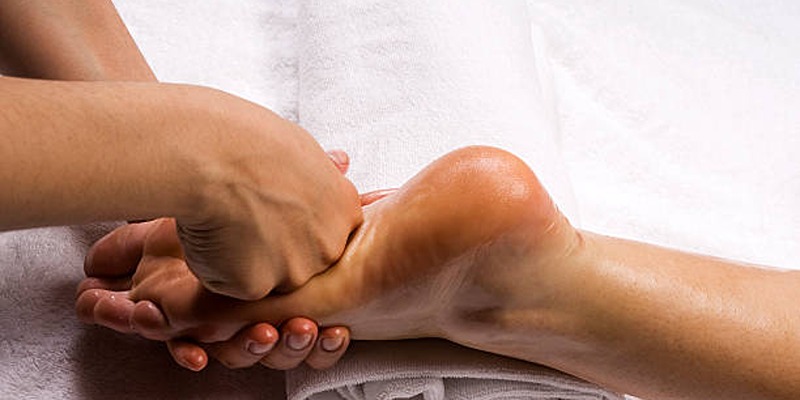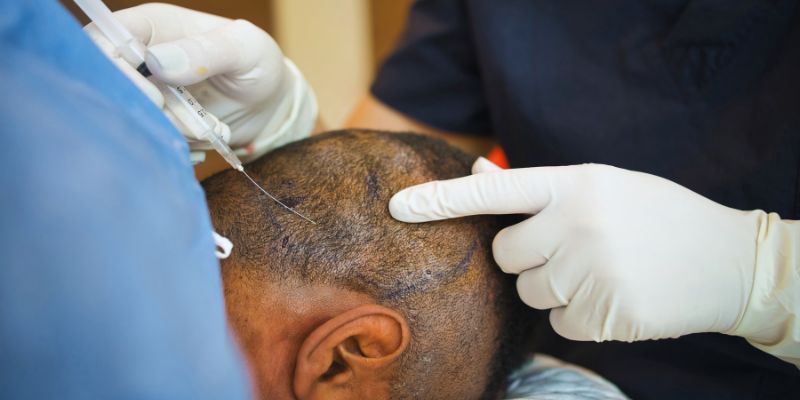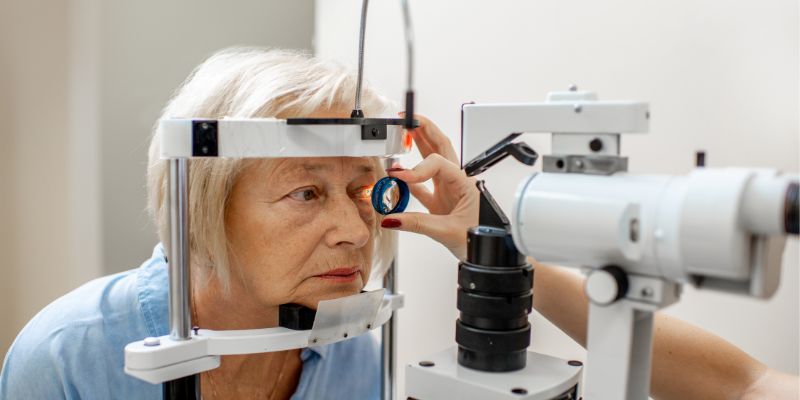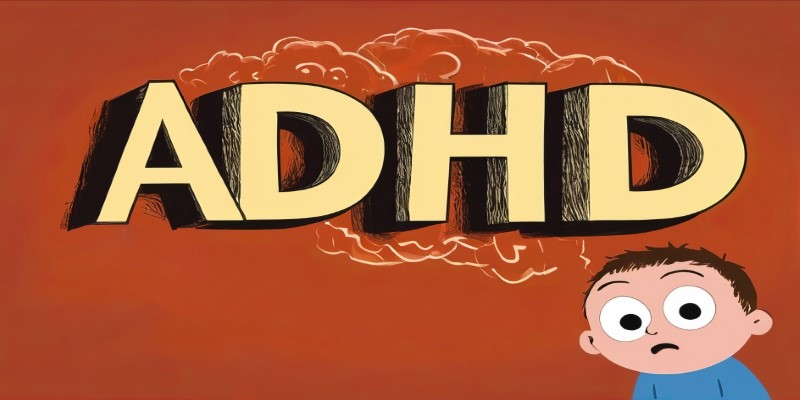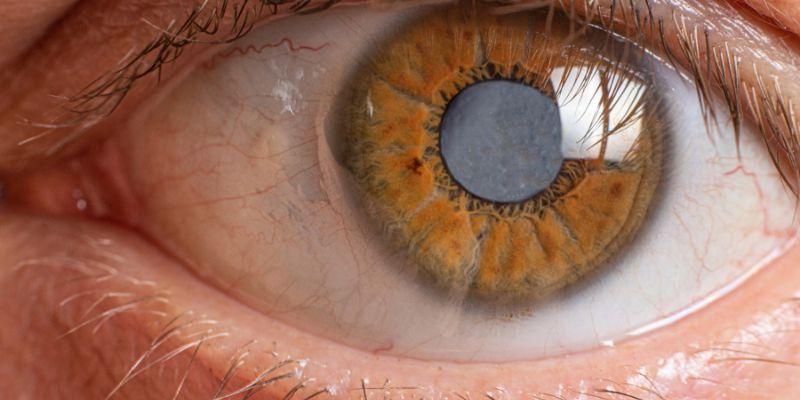Adult ADHD Diagnosis: Your Guide to Understanding and Management
Receiving a diagnosis of ADHD (Attention-Deficit/Hyperactivity Disorder) as an adult can be a whirlwind of emotions. You might feel a mix of relief and confusion, wondering how this diagnosis fits into your life. For many, it answers a long-held question about why certain aspects of life have always felt more challenging. But the real question is: what happens next?
In this article, we will explore the journey that follows a diagnosis of ADHD as an adult, covering various aspects such as understanding the condition, treatment options, support systems, and practical strategies for managing daily life.
Understanding Adult ADHD
ADHD is often viewed through the lens of childhood behaviorshyperactivity, impulsiveness, and inattention. However, adult ADHD can manifest differently. Many adults with ADHD have developed coping mechanisms throughout their lives, often masking their symptoms. This may lead to underdiagnosis or misdiagnosis in adulthood. Understanding the symptoms of adult ADHD is crucial. These can include chronic disorganization, difficulty prioritizing tasks, restlessness, and challenges with time management. Recognizing these symptoms is the first step toward effective management.
When you understand how ADHD affects you, you can better address its impact on your life. For instance, many adults report difficulties in relationships, work, and even personal fulfillment. If you've noticed that distractions derail your productivity or that emotions often feel overwhelming, acknowledging these experiences is important. You're not alone; many adults are navigating similar challenges.
Treatment Options for Adult ADHD
When diagnosed with ADHD as an adult, understanding the available treatment options is crucial to managing symptoms and improving daily functioning. Adult ADHD treatment often involves a multifaceted approach that combines medication, therapy, lifestyle changes, and support systems. Heres an overview of the various treatment options available.
Medication
Medication is often the first line of treatment for adult ADHD. There are two primary categories of medications used: stimulants and non-stimulants. Stimulants are the most commonly prescribed medications for ADHD. They work by increasing the levels of certain neurotransmitters, like dopamine and norepinephrine, in the brain. Stimulants can significantly improve attention, focus, and impulse control in many individuals with ADHD.

For some adults, stimulants may not be effective or may cause undesirable side effects. In these cases, healthcare providers may prescribe non-stimulant medications, such as atomoxetine (Strattera) or guanfacine (Intuniv). Non-stimulant medications may take longer to show effects but can be beneficial for those who do not respond well to stimulants. Its important to work closely with a healthcare professional to determine the most appropriate medication, dosage, and to monitor any side effects.
Therapy
Therapy can be a vital component of ADHD treatment. Different types of therapy may be beneficial, with Cognitive Behavioral Therapy (CBT) being particularly effective. CBT focuses on identifying negative thought patterns and behaviors and replacing them with more positive ones. This form of therapy can help adults with ADHD develop coping strategies for managing symptoms, improving organization, and handling impulsive behaviors.
In addition to CBT, adults with ADHD may benefit from coaching and skills training. ADHD coaching involves working with a coach who specializes in ADHD to develop personalized strategies for managing daily tasks, time management, and goal setting. Skills training provides practical tools for organization and prioritization. Supportive therapy is another option, where individuals can discuss their experiences and challenges in a safe environment, promoting emotional understanding and resilience.
Lifestyle Changes
Making lifestyle modifications can significantly contribute to managing ADHD symptoms. Establishing a structured daily routine provides a sense of predictability and helps with time management. Many adults find that setting specific times for work, exercise, and relaxation can improve their overall functioning.
Regular physical activity is another key strategy. Engaging in aerobic exercises, such as running, swimming, or cycling, can enhance focus, mood, and overall well-being. Nutrition also plays a role in managing symptoms. Maintaining a balanced diet can influence mood and energy levels, with some individuals finding that reducing sugar intake and adding omega-3 fatty acids can yield positive effects. Sleep hygiene is equally important; establishing a regular sleep schedule and creating a calming bedtime routine can improve sleep quality, which is crucial for managing ADHD symptoms, as adults with ADHD often struggle with sleep.
Support Systems
Building a strong support network is an integral part of managing adult ADHD. Connecting with others who understand your experiences can provide validation and encouragement. Support groups can be particularly beneficial, whether in-person or online, as they allow individuals to share their experiences, exchange coping strategies, and offer emotional support.

Educating close friends and family about ADHD can enhance understanding and foster a supportive environment. Open communication about your needs can strengthen relationships and provide a solid foundation for your support system. If comfortable, discussing your ADHD with your employer can also lead to workplace accommodations that help you thrive. These accommodations might include flexible scheduling, an organized workspace, or task prioritization assistance.
Alternative Treatments
Some individuals explore alternative or complementary treatments for ADHD, although scientific evidence for these options may be limited. Mindfulness and meditation practices can help improve focus and reduce impulsivity. Engaging in meditation or mindfulness exercises can enhance self-awareness and emotional regulation.
Neurofeedback is another alternative treatment that involves using real-time displays of brain activity to teach self-regulation of brain function. Some adults report benefits from neurofeedback, although more research is needed in this area. Some also consider herbal supplements, but it is essential to consult with a healthcare provider before trying any new supplements, as they can interact with medications and may not be effective.
Conclusion
Being diagnosed with ADHD as an adult can feel daunting, but it also opens the door to understanding yourself better and finding effective ways to thrive. By embracing treatment options, building a support network, and adding practical strategies into your life, you can learn to manage adult ADHD successfully.
Remember, you are not alone on this journey; countless others are navigating similar paths. As you move forward, be patient with yourself and celebrate your progress, no matter how small.

